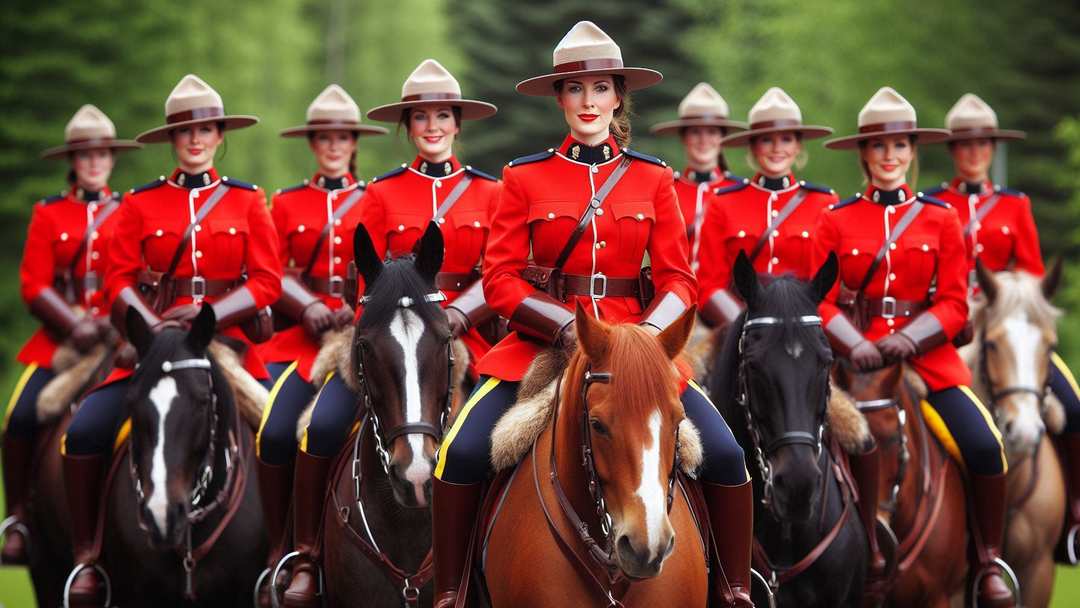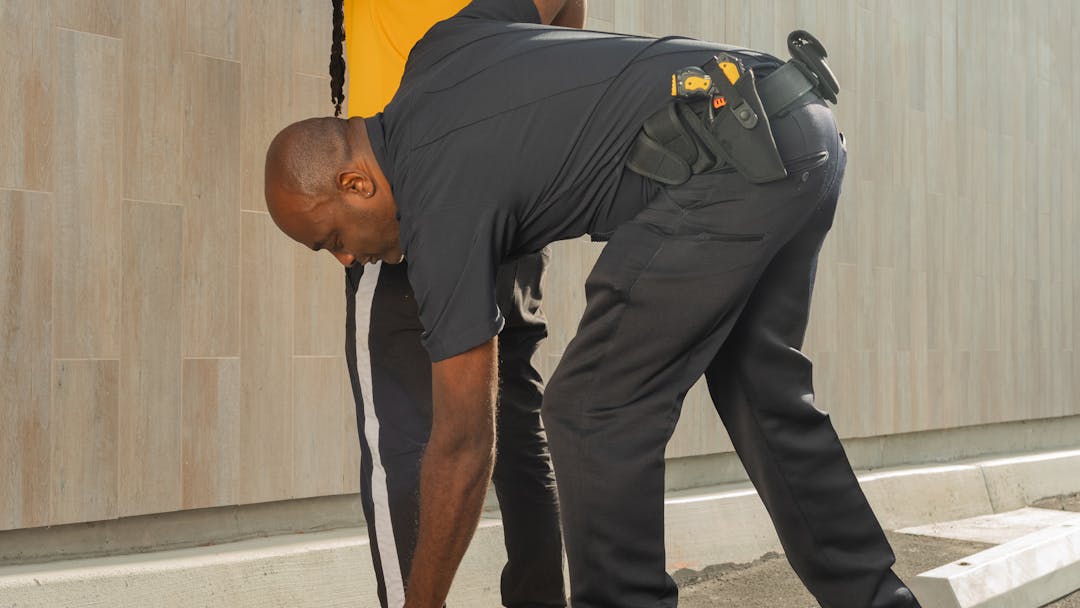Because this is how it always goes...This is the second part of this post. Read this first - Just Because You're Hanging Out in a High Crime Area Doesn't Make You Suspicious.Standard for Investigatory Detentions / Terry Stops Under Terry v Ohio and other well...

I am going to Canada – Can I bring my cannabis?
Borders and Cannabis and Money
Ferengi Rule of Acquisition #41. Profit is its own reward.
If you bring your own cannabis to Canada. How does the Canadian government profit?
They don’t so they will punish you if you get caught.
It’s simple. It’s about the money. That is the only reason it is now legal.
You’re Not Welcome Here in Canada
Inadmissibility Due to Cannabis Conviction: If you ever find a reason to go to Canada and there aren’t that many. If you have a prior arrest or cannabis conviction, there’s a chance you may be turned away at the Canadian border. A DUI? Just stay home.
If you really must go. Seeking legal advice from an immigration expert is advisable in such cases.
Terry Stop and Refusal to Identify Yourself to Police
Just Because You’re Hanging Out in a High Crime Area Doesn’t Make You Suspicious
Mere presence in a “high crime” area does not provide particularized suspicion of criminal activity for an investigatory detention.People vs Prude In People v Prude, Prude was in a parked vehicle at an apartment complex that was regularly patrolled by police because...
From Canada.ca The official website of the Government of Canada
Drugs, alcohol and travel
It is illegal to take cannabis – including products containing cannabis, such as edible cannabis, cannabis extracts and cannabis topicals, and all products containing CBD – across the Canadian border, whether you are entering or leaving the country:
- No matter how much cannabis you have with you.
- Even if you use cannabis for medical purposes in any form, including cannabidiol (CBD), unless authorized by Health Canada.
- Even if you are travelling to or from a municipality, state or country where cannabis has been legalized or decriminalized.
At your destination
If you travel to other countries, including the United States, with any amount of cannabis in your possession, you could:
- be charged with a criminal offence (This applies to all countries, whether cannabis is legal there or not.)
- be denied entry at your destination if you have previously used cannabis or any substance prohibited by local laws
- be denied entry to other countries in the future
For more information, consult our Travel Advice and Advisories.
Returning to Canada
Not declaring cannabis in your possession at the Canadian border is a serious criminal offence. You could be arrested and prosecuted.
This information is taken directly from the Canadian Gov website section Drugs, alcohol and travel.
The Law
750.553 Occupancy of building without consent; violation; penalty; exception.
Sec. 553.
Other Articles
Michigan Crime Victim Compensation
Michigan has a crime victim compensation fund. You can contact them using the various links on this page. This post is just to provide you with information. We do not provide any services for this topic.Crime Victims Victims of crime often face lasting repercussions...
The MSP is Concerned About Your Privacy (Vehicle Information)
Is the Michigan State Police really concerned about your Driver License and Motor Vehicle Information privacy?Here's what they say on their websiteThe Michigan State Police (MSP) is committed to protecting the privacy of your potentially personally identifiable data...
The MSP is Concerned About Your Privacy (Biometric Information)
Is the Michigan State Police really concerned about your DNA / biometric privacy?Here's what they say on their websiteThe Michigan State Police (MSP) is committed to protecting the privacy of your potentially personally identifiable data (PPID) in a strong and...
The MSP and Your Privacy (Criminal History)
Is the Michigan State Police really concerned about your criminal history privacy?Here's what they say on their websiteThe Michigan State Police (MSP) is committed to protecting the privacy of your potentially personally identifiable data (PPID) in a strong and...
More Posts
People who are going to need a Lawyer – November 12, 2024
People who are going to need a LawyerMan so drunk field sobriety tests were ‘too dangerous’ sentenced to life in prison for repeated DWI convictions‘Several terabytes’:...
Cambridge Analytica data breach comes before court
Oral arguments in Facebook v. Amalgamated Bank will beginThe justices are set to review securities law as they hear arguments in a significant case linked to the 2015...
Search and Seizure – Consent or Plain view
The Fourth Amendment was established to protect individuals from unreasonable searches and seizures, yet there are exceptions.In Michigan, understanding the concepts of...
Using a computer to commit a crime – The latest add on charges
FRAUDULENT ACCESS TO COMPUTERS, COMPUTER SYSTEMS, AND COMPUTER NETWORKS (EXCERPT)Act 53 of 1979752.796 Use of computer program, computer, computer system, or computer...
A drunk driving investigation, a car wreck and a blood draw
A Case Summary: People v. Blake Anthony-William BartonOn October 11, 2024, the Michigan Court of Appeals issued a decision in the case People of the State of Michigan...
Police say they can tell if you are too high to drive
Police say they can tell if you are too high to drive. Critics call it ‘utter nonsense’Haley Butler-Moore sped up to pass a semi on the highway when she suddenly saw...
A secured and safe vote thanks to new laws in Michigan
Governor Whitmer Signs Historic Election Bills Package to Ensure Every Vote Can be Cast and CountedIn Case You Missed It November 30, 2023 “Today, we are expanding...
Cannabis – The Rise and Fall and Trail of Survivors Pile Up
Thieves make off with 1,000 pounds of premium flower in cannabis from a corporate grower in Michigan. Then, the GM sells off 650+ pounds to pay employees.The recent...
What is Recidivism in Legal Terms?
What does Recidivism mean?In legal contexts, recidivism refers to a person’s relapse into criminal behavior, often after having been previously convicted and penalized...
Your Past Charges Could Affect Decisions for New Charges
Michigan Court of Appeals - PEOPLE v. JAMES THOMAS MASON, JR.Jail vs ProbationIn People v. James Thomas Mason, Jr., the Michigan Court of Appeals dealt with whether the...



















